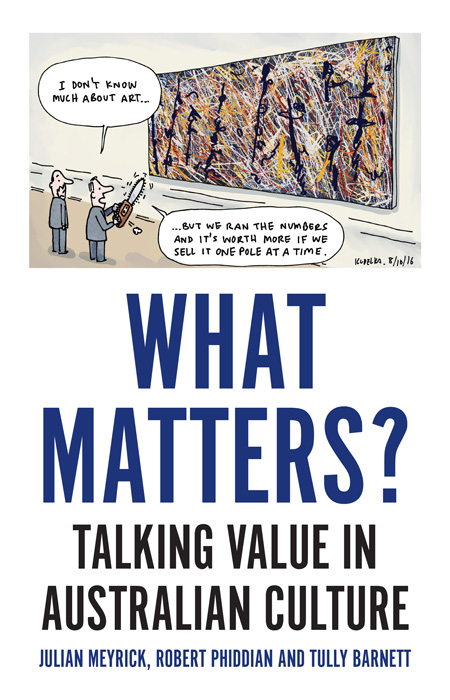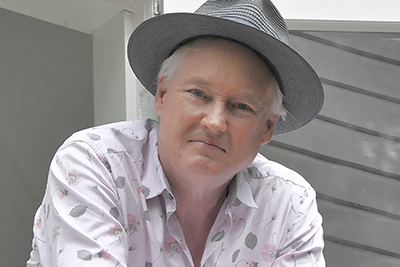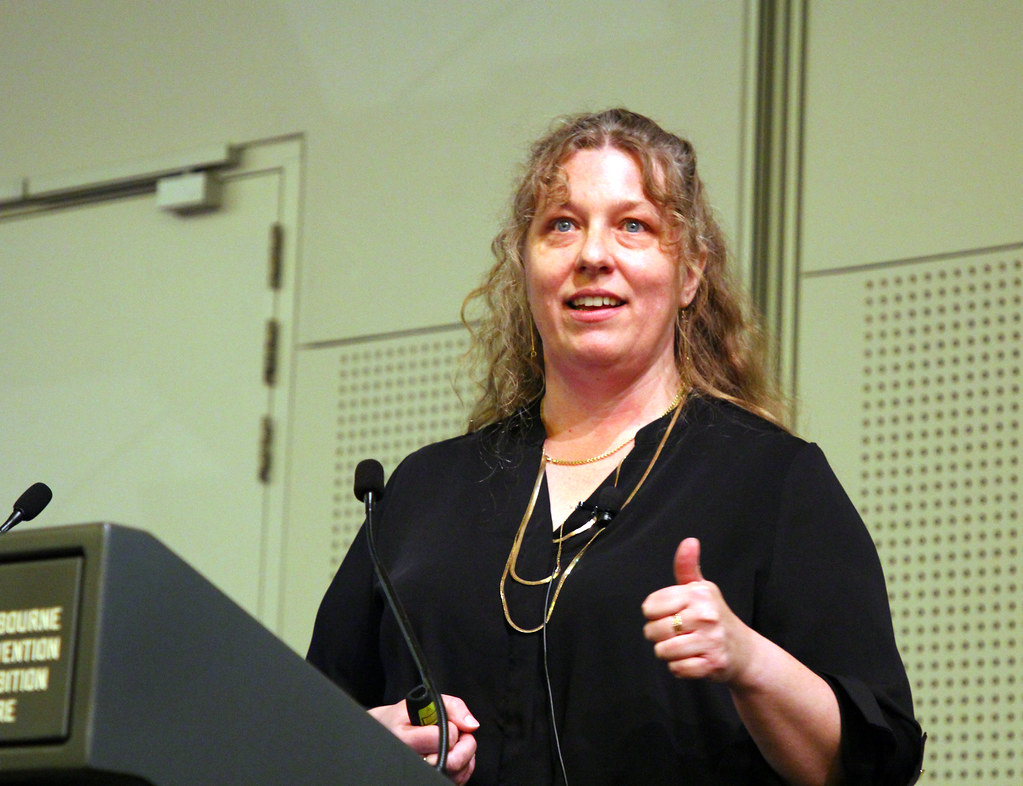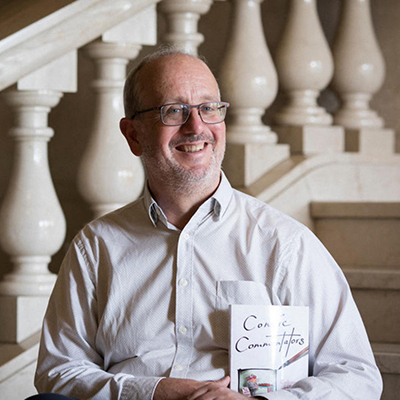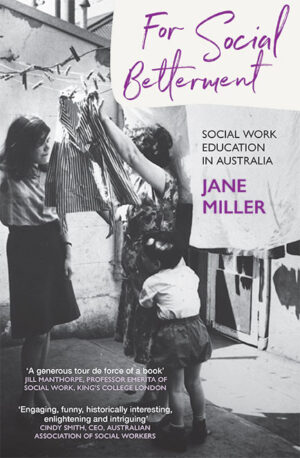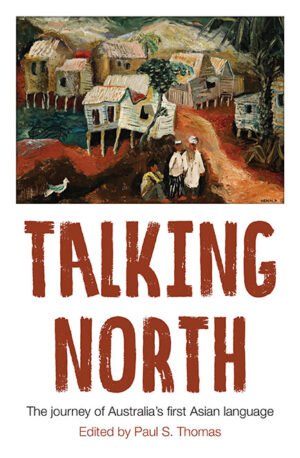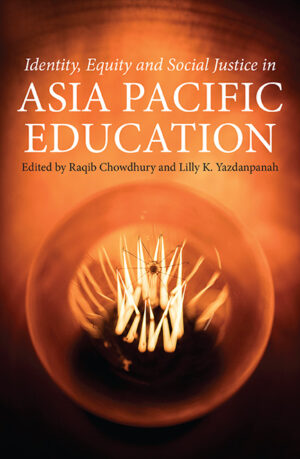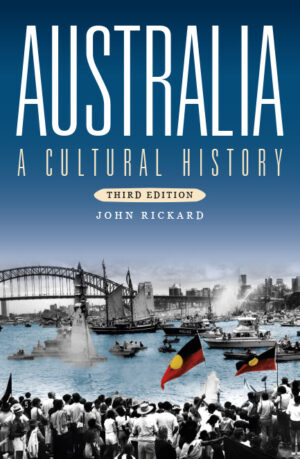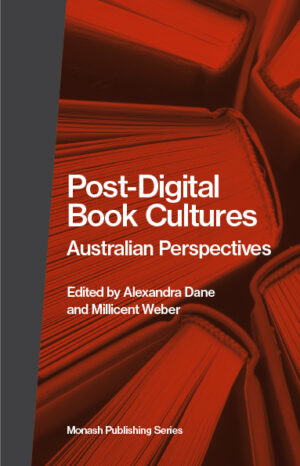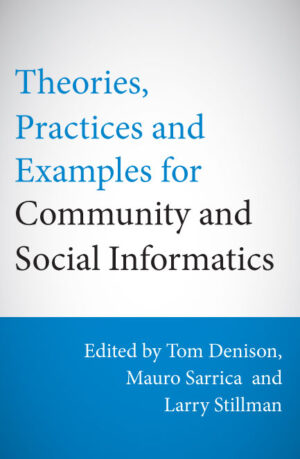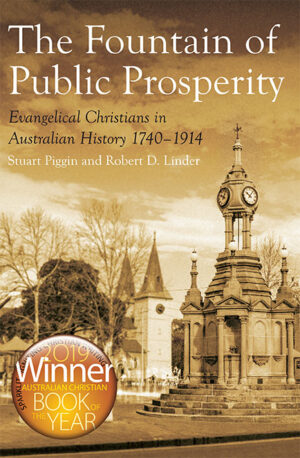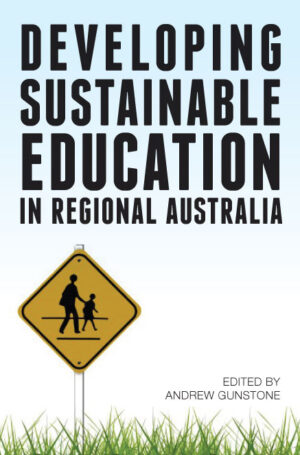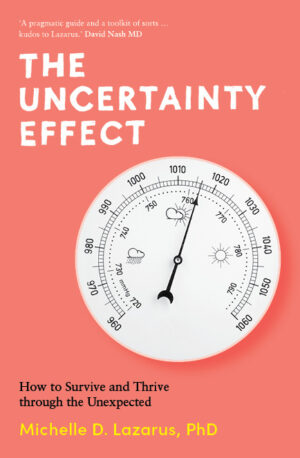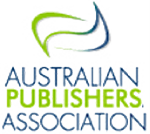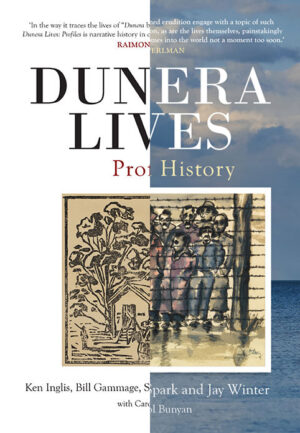‘What Matters? is earnest, rigorous and also very funny. The authors’ balance between head and heart will likely appeal to the wide audience that it seeks.’ Peter Beaglehole, playwright, Transnational Literature vol. 11, issue 1
Too often, cultural leaders and policy makers want to chase the perfect metric for activities whose real worth lies in our own personal experience. The major problem facing Australian culture today is demonstrating its value – to governments, the business sector, and the public in general.
When did culture become a number? When did the books, paintings, poems, plays, songs, films, games, art installations, clothes, and the objects that fill our daily lives become a matter of statistical measurement? When did experience become data?
This book intervenes in an important debate about the public value of culture that has become stranded between the hard heads (where the arts are just another industry) and the soft hearts (for whom they are too precious to bear dispassionate analysis).
It argues that our concept of value has been distorted and dismembered by political forces and methodological confusions, and this has a dire effect on the way we assess culture. Proceeding via concrete examples, it explores the major tensions in contemporary evaluation strategies, and puts forward practical solutions to the current metric madness.
The time is ripe to find a better way to value our culture – by finding a better way to talk about it.

